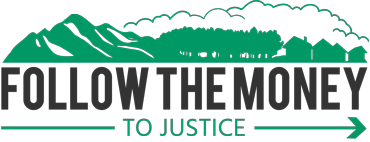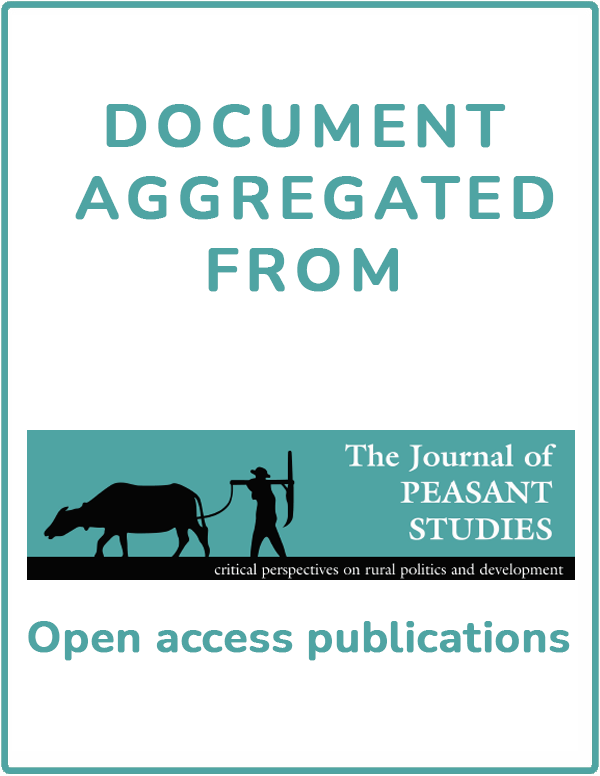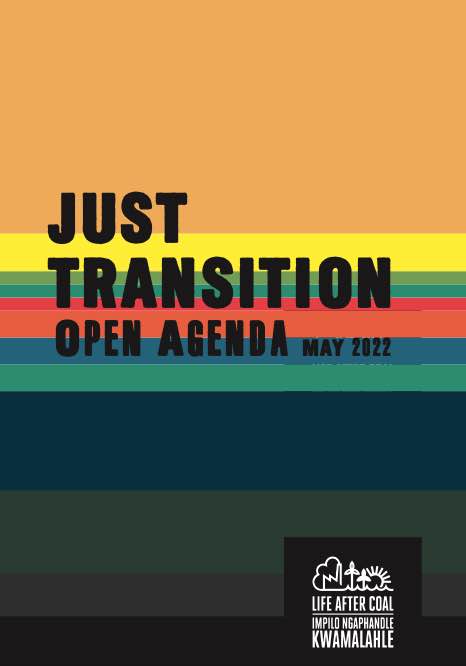Follow the Money to Justice
This resource is for advocates working to support communities who have been affected by harmful investment projects. It will help you follow the money to identify and analyze the companies, investors and other actors behind these projects. It also explains how to collect evidence and develop tailored advocacy strategies to hold these actors accountable and defend land, housing and resource rights.








